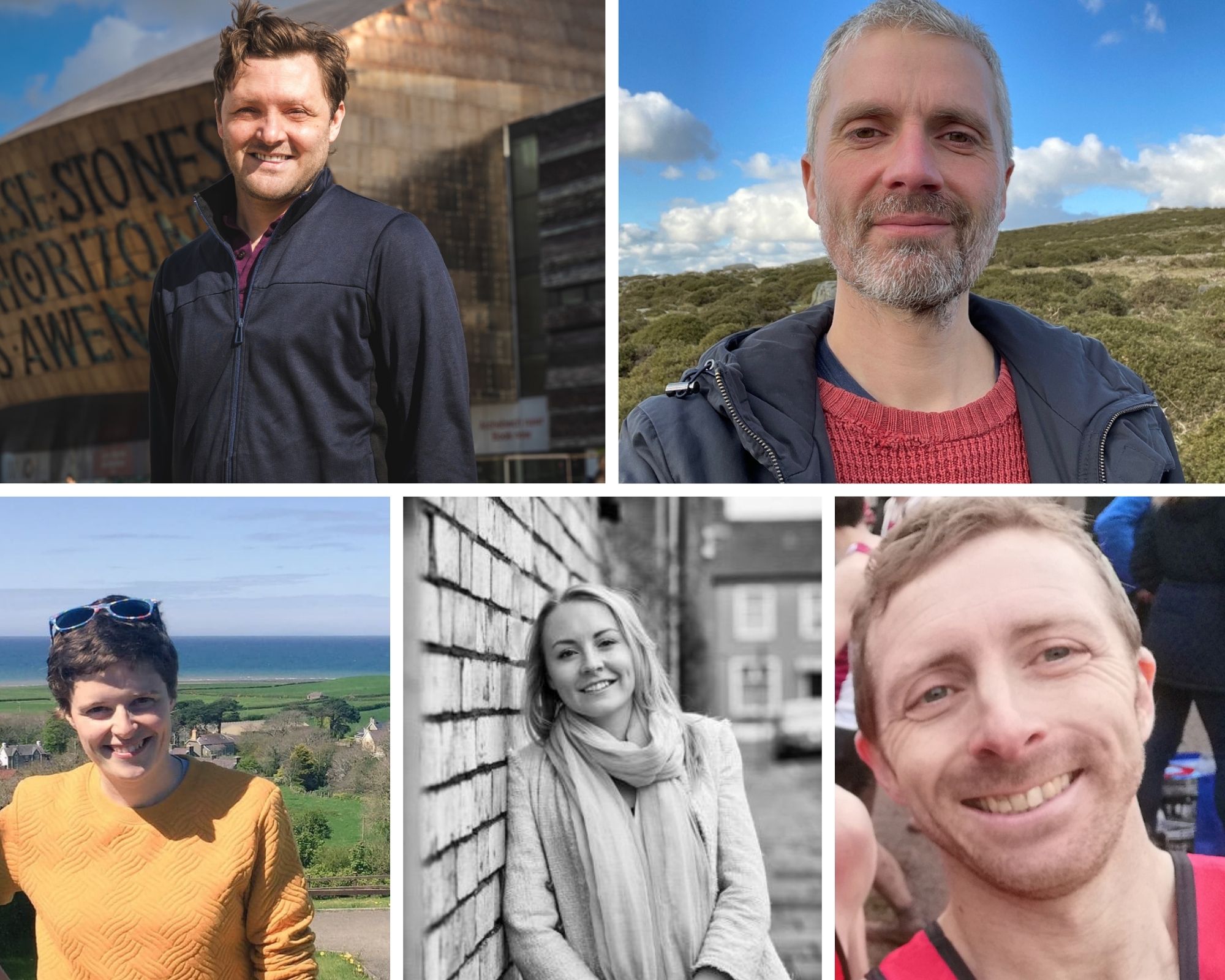Hi Owain. How would you describe your business and what it does?
Golwg Cyf is a well established Welsh language media company. We have a stable of print publications: Golwg (a weekly news and current affairs magazine), Lingo Newydd (our bimonthly magazine for Welsh learners) and Wcw a’i Ffrindiau (a comic for 3-7 year olds).
We also have a digital rolling news and current affairs service called golwg360 and have recently developed a network of hyper local news sites via the bro360 project.
How did you find out about the Clwstwr funding?
We found out about it mainly through word of mouth and via contacts within the industry.
What inspired you to apply for funding?
We had a specific project in mind that we wanted to experiment with. Once we learned about the fund, we thought that the amount of funding and the support offered by the project would provide the perfect opportunity for us.

Explain what you were aiming to do in your application
The aim of the project was to experiment with developing a service that would target a very specific audience, namely a platform for young people to learn about and discuss Welsh politics that would gain their interest in the topic. We wanted to do some market research to see what form the audience favoured for the content we were creating, then experiment with creating that content. We received £10,000 of Clwstwr funding to carry it out.
Describe the process you’ve been through since receiving the funding
Our project was very time specific with the upcoming Senedd elections at the time, so we had to crack on with delivering the work right away. It focused on developing a platform for young people through the medium of Welsh, with the aim of helping to bridge the democratic deficit. We wanted to achieve this by providing a new democracy platform and service which would give a voice to a number of people who were not being heard in this context.
We conducted lots of research in a short time, aiming to reach as wide a range of people as possible. We worked closely with schools to do so, and to ensure as much diversity as possible amongst the focus groups. The focus groups guided our direction for the project and determined the sort of platform we would be delivering. A number of young people from the focus groups were involved in delivering the service we provided during the election.
What would you say were the main outcomes of the R&D?
The main outcome was that we were able to successfully engage with a specific target audience and work with them on providing relevant content that appealed to their peers.
Since the project ended, we have continually reviewed the project outcomes whilst making plans for our content delivery and have certainly learned a lot from the process. It’s helped guide our future plans for our platform, especially whilst delivering political and current affairs content to younger audiences.
